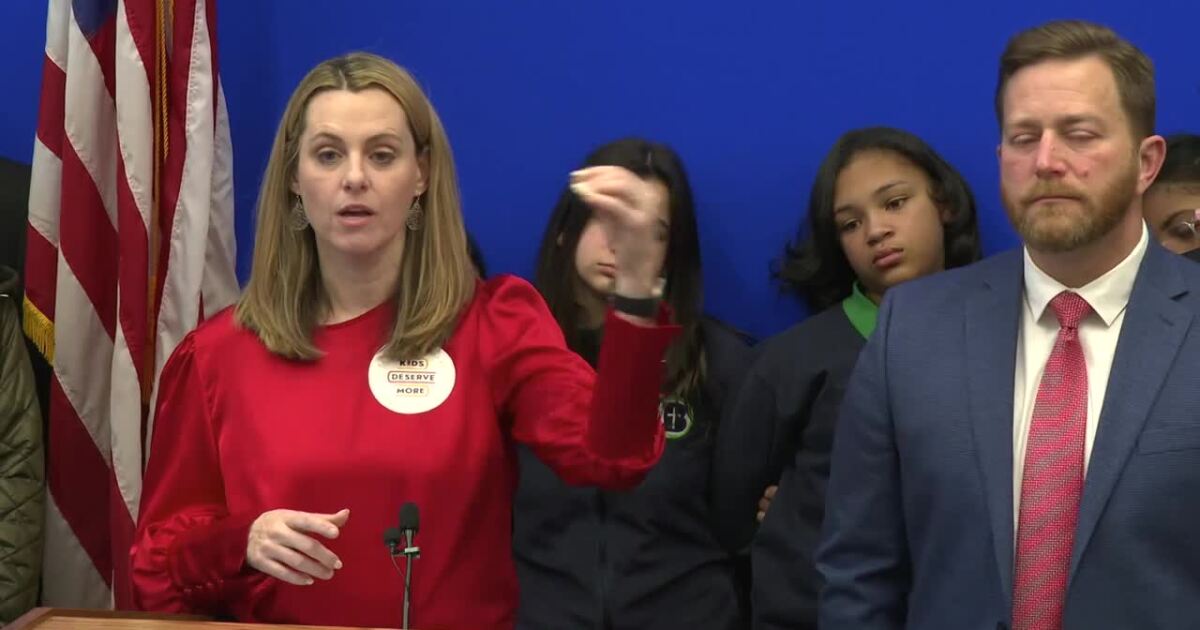Homeschool Crossroads: When Faith and Regulation Collide

Passionate homeschool parents descended on the State Capitol Tuesday, rallying together to challenge proposed legislation they believe threatens their fundamental religious liberties. With signs raised and voices united, the group passionately argued against what they perceive as governmental overreach into their educational and spiritual choices.
The demonstrators, representing diverse homeschooling communities, expressed deep concern about recent legislative proposals that they claim could potentially restrict their constitutional rights to educate and raise their children according to their religious convictions. Their peaceful protest highlighted the critical importance of parental autonomy in educational decision-making.
Speakers at the rally emphasized that the proposed legislation could set a dangerous precedent for interfering with family and religious freedoms, urging lawmakers to reconsider the potential implications of their proposed measures.

